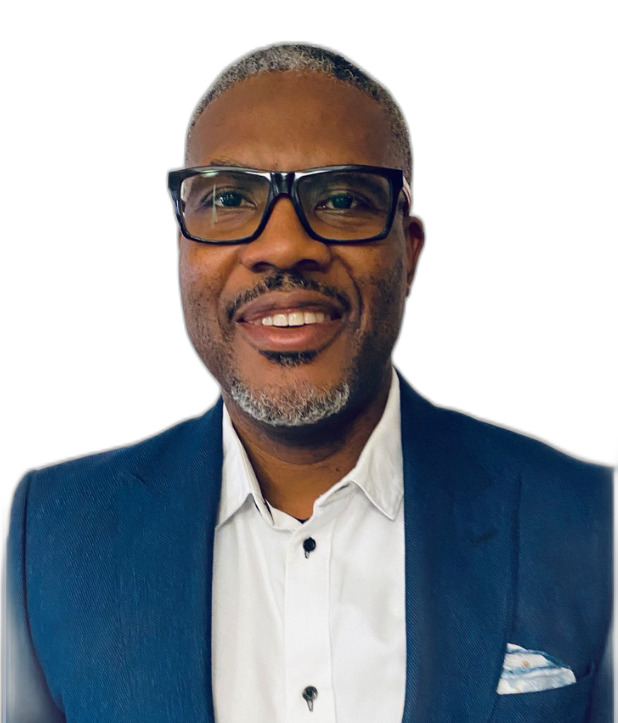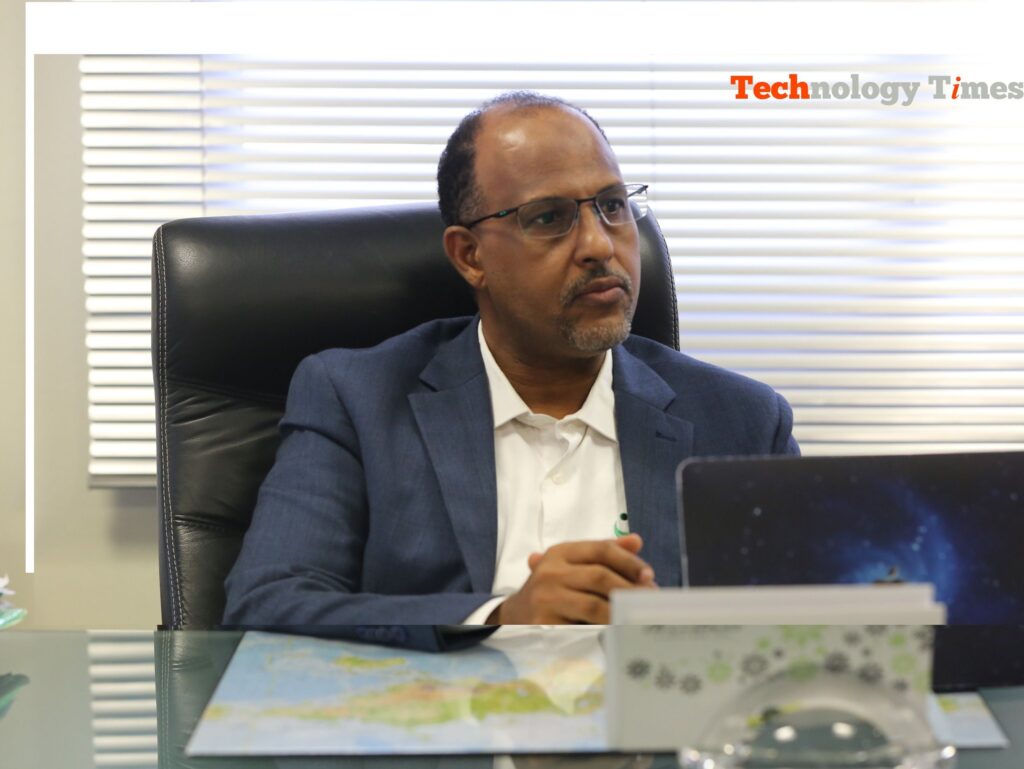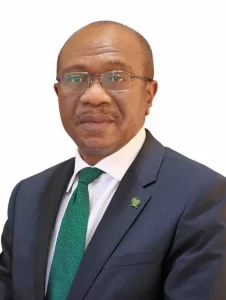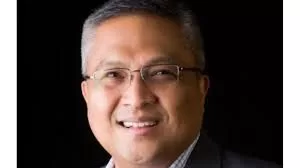Mr Tony Izuagbe Emoekpere, Anchor Telecoms CEO has emerged the Association of Telecommunications Companies of Nigeria (ATCON) President at the telecoms trade group’s elections held Tuesday in Lagos.
To emerge President, Emoekpere polled 39 votes as against 23 votes by Mr Ibrahim Dikko, Backbone Connectivity Nigeria Limited Managing Director/CEO, who contested against him.
Also Mr. Muhammed Rudman, Internet Exchange Point of Nigeria (IXPN) CEO emerged 1st Vice President of ATCON with 43 votes as against 21 votes by Dr Myke Ofili, Coloplus Worldwide Services Limited CEO.

He explains that apart from the Nigerian Communications Commission (NCC), the telecoms industry regulator and the Federal Government, ATCON on his watch, will engage more with the State Governments as they “are actually the second level of taxes, which most of the industry is really suffering from. It is actually taxes from the States.”
The other candidates for other ATCON positions who were elected unopposed include National Secretary, Mr. Olawale Owoeye, Cedarview Communications MD/CEO; Coordinator, Consulting group, Mrs. Aderonke Adeyegbe, Comercio Limited CEO and Coordinator, Internet Services Providers, Mr. Lekan Balogun, NetaccessSystems Limited MD/CEO and Coordinator, Value Added Services Providers, Mr. Martins Shakarho, Interra Networks Limited General Manager, Corporate.
Meanwhile, Emoekpere, who succeeds Engineer Iyke Nnamani, Medallion Nigeria CEO had told Technology Times ahead of the polls that on his watch as the new leader of the influential telecoms trade group, ATCON will engage tiers of governments across Nigeria to address the incessant problems of multiple taxation facing the telecoms industry; prompting local content, among other programmes.
According to the new ATCON President, his strategy is to engage them more with all the relevant authorities and stakeholders, both States and Federal Governments.

“The multiple taxation,” Emoekpere says, “actually stems from the fact that the industry is taxed almost at every level, from the Local Governments, to the State Government, to the Federal Government, to agencies, to importation.”
For him, while the telecoms industry recently recorded a win in the recent pronouncement from the Federal Government removing exemptions from some of the taxes, “but more needs to be done.”
For him, “the issue here is we need to actively engage, and one of the main issues is the body is supposed to be an advocacy body. It has been done in times past, and there are many things we haven’t achieved as an association. We still really suffer from multiple taxation, but the main issue is that we need to engage.”
He explains that apart from the Nigerian Communications Commission (NCC), the telecoms industry regulator and the Federal Government, ATCON on his watch, will engage more with the State Governments as they “are actually the second level of taxes, which most of the industry is really suffering from. It is actually taxes from the States.”
The problem, Emoekpere says, “is that people don’t see telecommunication as a need. It’s actually a fundamental right. You have the right to shelter. You have the right to water. Communication is also a right. But people, the impression the industry has, or the general perception is that communication is a cash-making business. But it is a need that is being serviced. And really, overtaxing it is actually transferring the burden to the consumer. So consumers are actually the ones who bear the brunt of this. And then it also stifles the ability for the industry to grow.”
Source of Article

